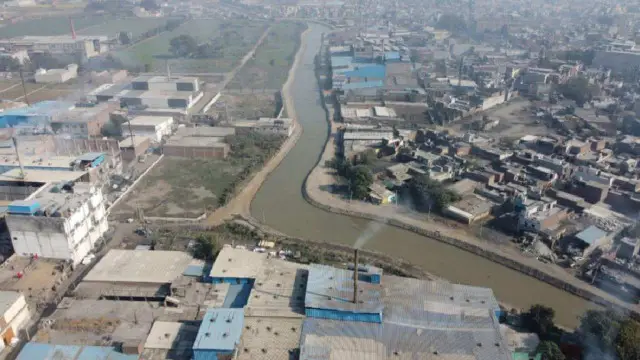Kashmir: Crowd display massive protests against Hezbollah commander Hassan Nasrallah's killing | WATCH
While stone-pelting incidents appear to have diminished due to the fear of pellet guns, the underlying mentality remains unchanged, with sentiments leaning toward pro-terrorism ideologies.

Kashmir News: In a recent protest in Kashmir, demonstrators expressed their outrage over the reported killing of Hezbollah terrorist Hassan Nasrallah. The unrest has drawn comparisons to similar situations in Lebanon, Iran, Pakistan, and Bangladesh, highlighting the complex dynamics within the region.
A culture of fear and defiance
While stone-pelting incidents appear to have diminished due to the fear of pellet guns, the underlying mentality remains unchanged, with sentiments leaning toward pro-terrorism ideologies. The situation has been described as a "ticking time bomb," with many expressing concern over the potential for further violence and unrest.
This is not Lebanon, Iran, Pakistan or Bangladesh but Kashmir (India). They’re protesting against the kiIIing of #Hezbollah terrorist #HassanNasrallah.
— Mr Sinha (@MrSinha_) September 29, 2024
It seems Stone pelting has stopped because of the fear of pallet guns but mentality is still same ; pro terrorism… Ticking… pic.twitter.com/AWyiws8itg
An ongoing struggle
The protests have reignited discussions surrounding terrorism and radicalization in Kashmir, raising questions about the long-term impact on the youth in the region. Analysts warn that the current climate could exacerbate existing tensions and lead to a cycle of violence. The international community has been closely monitoring the developments in Kashmir, urging for peaceful resolutions to the issues at hand. The protestors’ alignment with foreign terrorist ideologies underscores the challenges faced by local authorities in combating extremism and ensuring stability.
As tensions escalate, the need for dialogue and understanding has never been more critical. The situation in Kashmir serves as a stark reminder of the broader implications of terrorism and the importance of addressing the underlying issues driving such sentiments.












